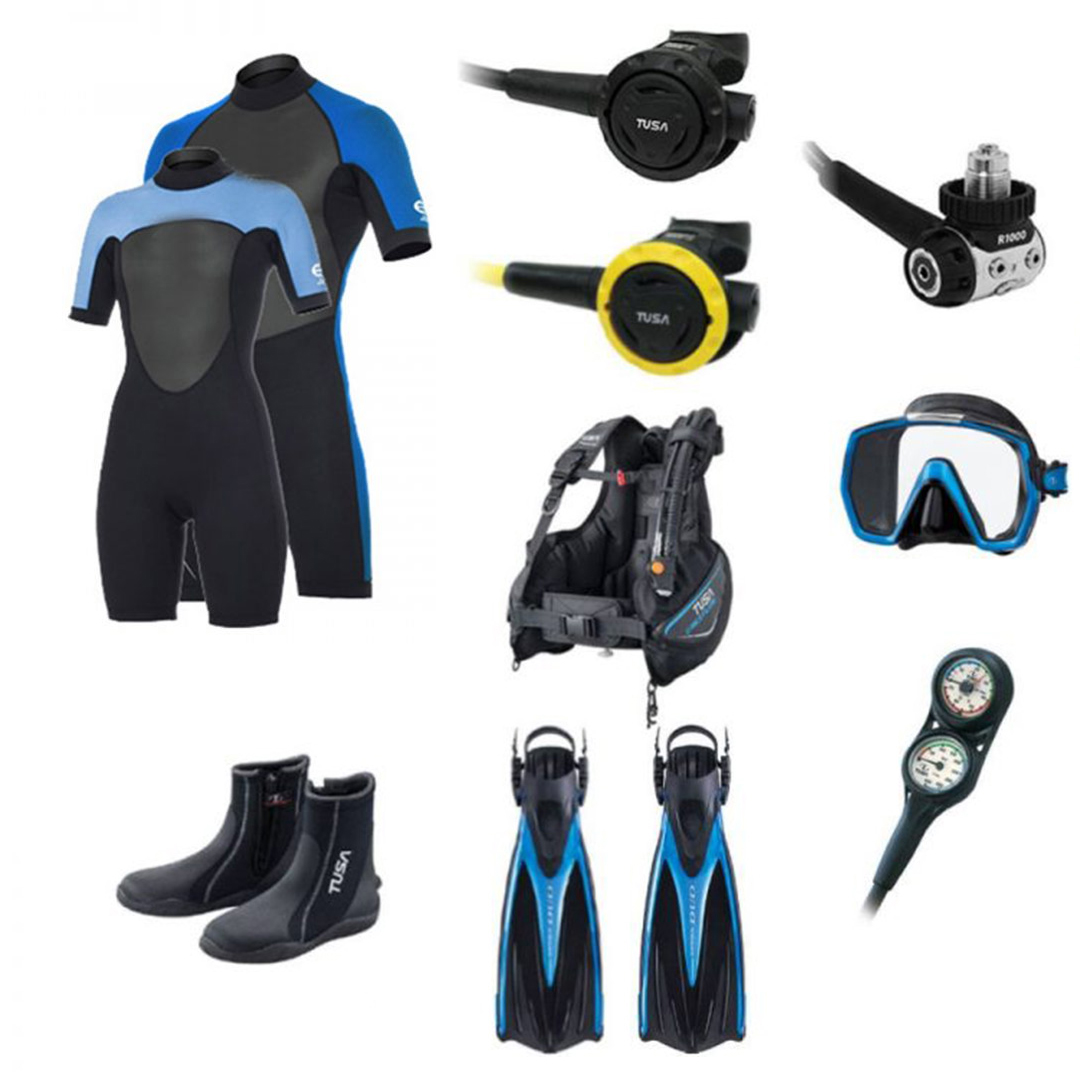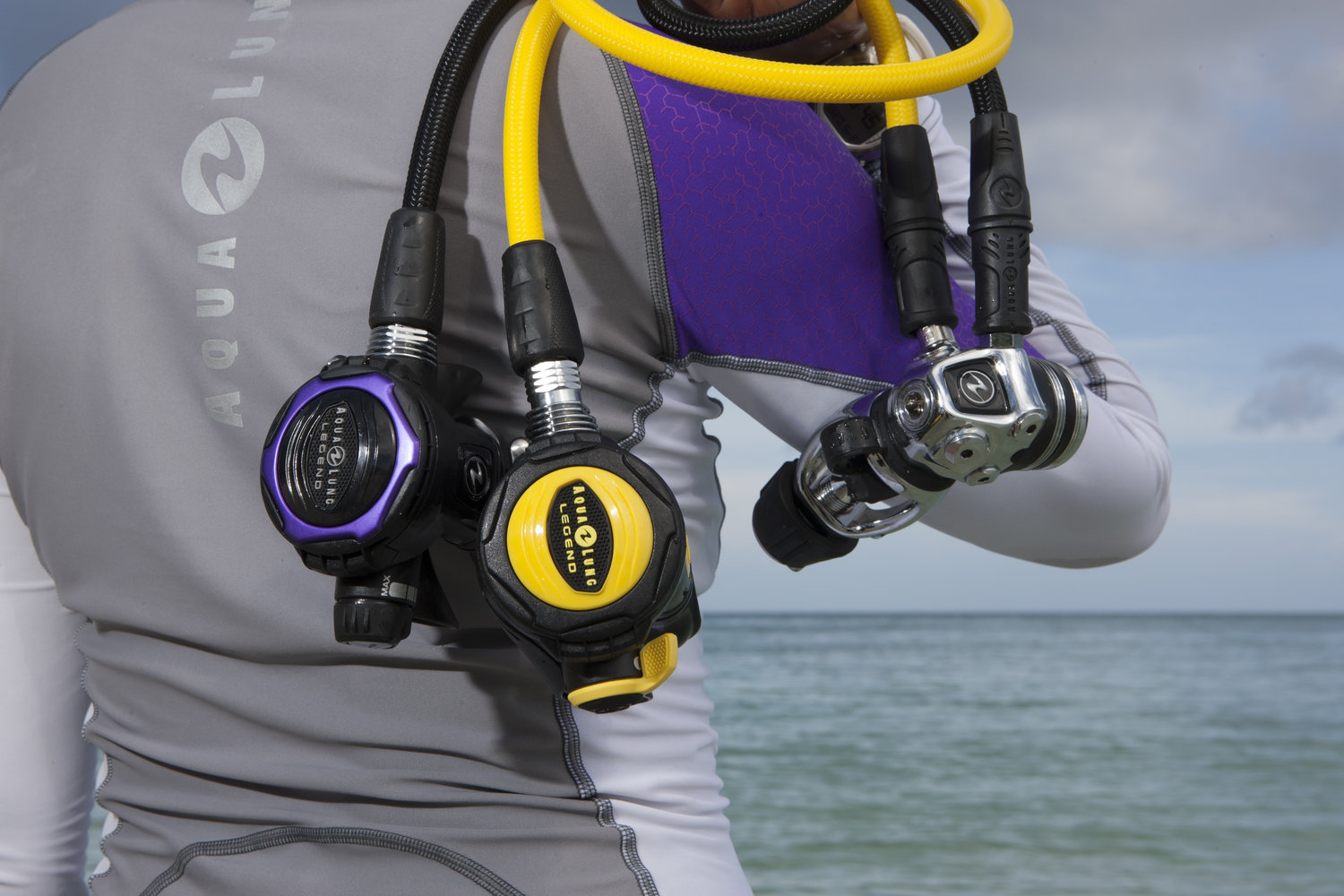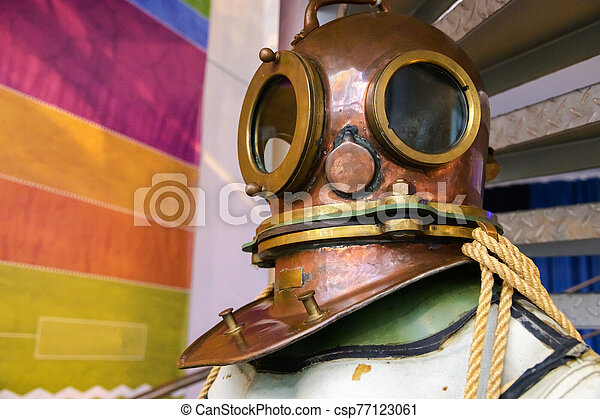
Your lung capacity, size and muscle mass all influence the size of your dive breath. You should always breathe during the dive. It is important to not skip your breathing. Avoiding to breathe is dangerous and counterproductive. It's a violation of the golden rule that scuba divers follow: Always breathe. Skip breathing increases your CO2 levels, and your breathing reflex, which causes you to exhale less water than you need. This article will help you learn some air conservation techniques if you have difficulty breathing underwater.
Scuba breath is determined by size, muscle mass, lung size, and other factors.
A lot of air is required for scuba diving. A diver's need for air depends on many factors. These include size and muscle mass. Along with size, lung volume and the length the thorax plays an important role. The size of the lung is crucial, as it dictates how much air the diver can take in. If these factors are all the same, a scuba breather will use less air than a person with the same equipment and lung size.

Ascension to the Surface
A slow, steady ascent is required to reach the surface with a Scuba Breath. Venting air from the BCD is essential in order to prevent the tank's pressure from dropping too far. Divers use a dive computer to determine how far they need to go to reach the top. The computers provide valuable information to divers about how far they've descended and the recommended rate of ascent.
Nitrogen narcosis
You should know about nitrogen narcosis and how it can be prevented if you plan to scuba dive. Limiting your depth is key. Also, be relaxed while diving. You should also avoid alcohol consumption for 24 hours before diving if you have this condition. You can also avoid this problem by practicing safe diving habits, such as maintaining proper buoyancy and low work effort. Also, you should not go deeper than your training allows.
Buoyancy compensator (BC)
The buoyancy compensationator is a device that gives divers additional buoyancy while underwater. There are two types. One uses weight belts, the other uses bladder and casing. The bladder holds the gas and can be used to release or add it during the dive. A BC usually has an injector that sends gas from the first stage regulator into the bladder. Some models offer an oral inflation option while others use a spring-loaded manual to regulate the flow of gas.
Relaxing underwater
Practicing relaxation while diving has many benefits. A relaxed state can help improve brain function. Breathing during a dive can help the diver stay calm. Observing fish and other sea creatures is relaxing and it can be heightened when the tank is ocean-sized. You can also focus your attention on your breathing and breathe deeply. Relax underwater using your scuba breath. You can also meditate on your senses.

Use the 4-to-6 proportion
While learning to dive, the 4-to-6 ratio can be a great technique. Try out different breathing patterns if you have trouble breathing. You might be able to reduce the weight of your tank if you use a higher level of nitrogen to oxygen. But this method only works if the person is able to inhale consciously. Slower breathing can help reduce anxiety.